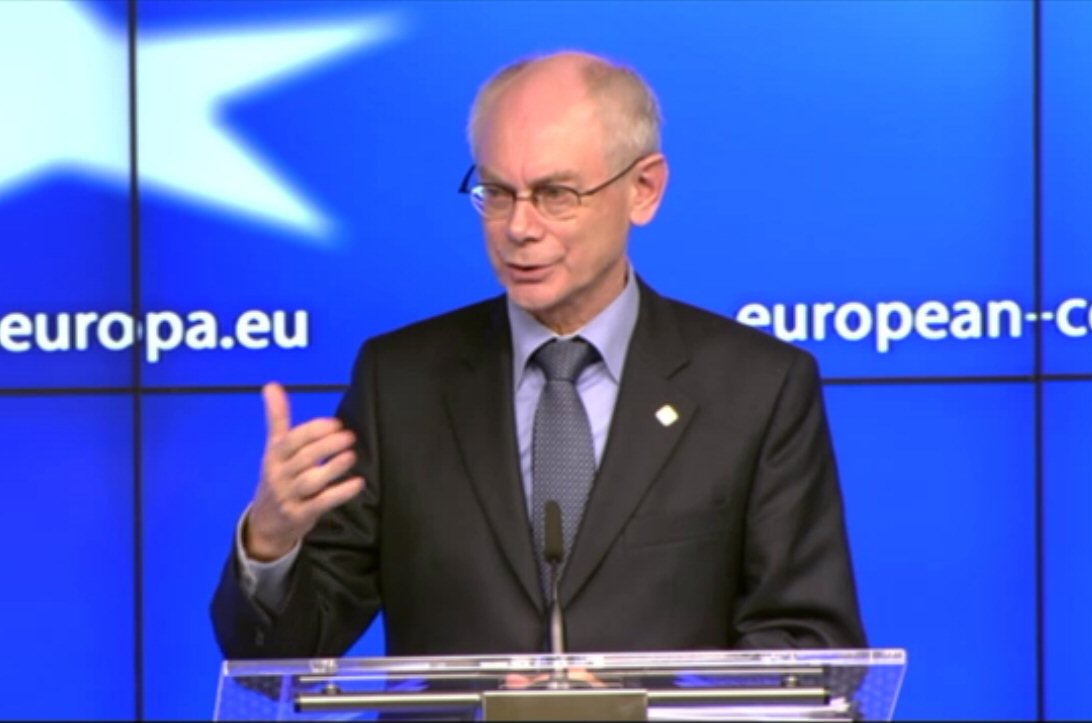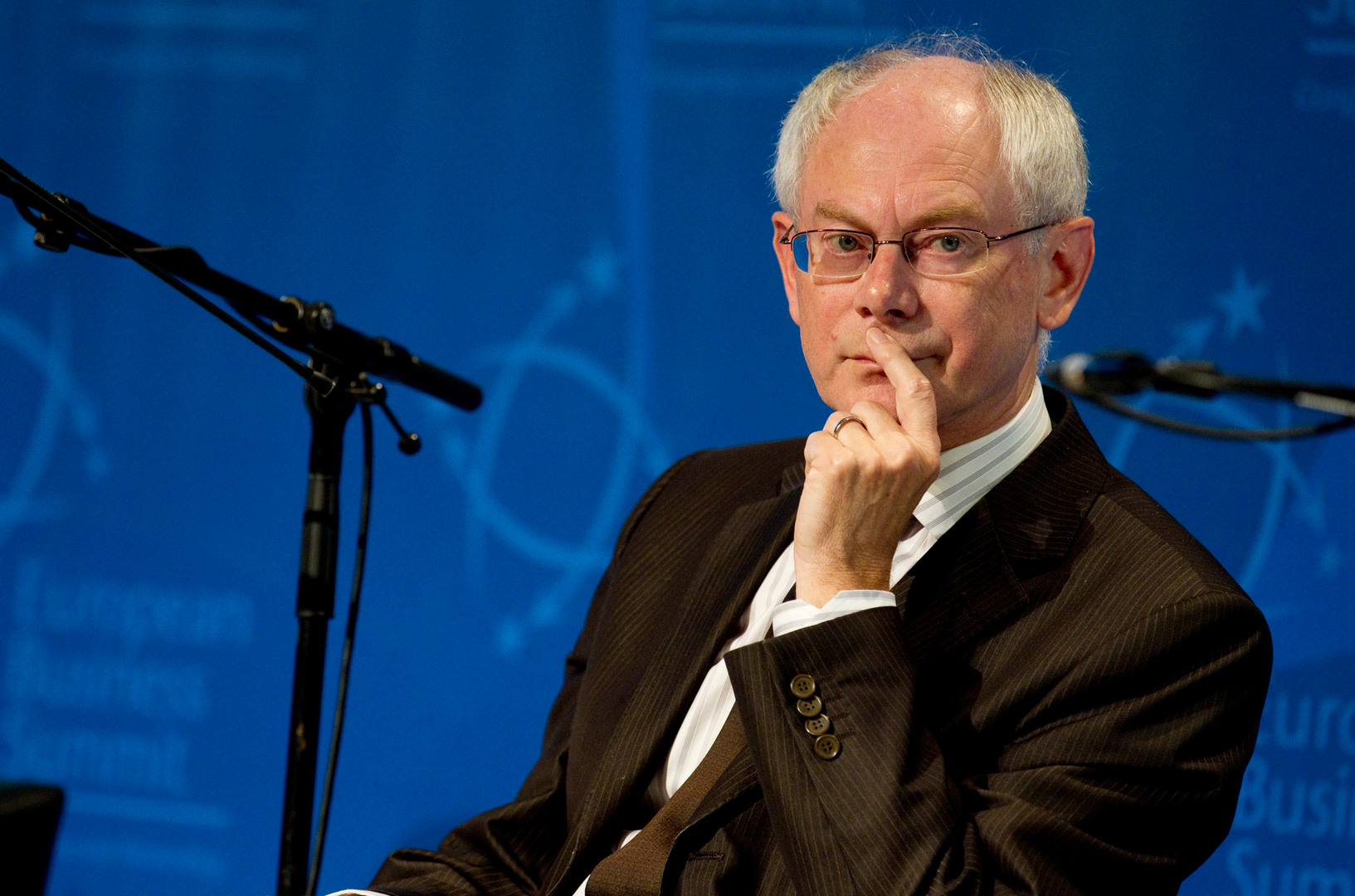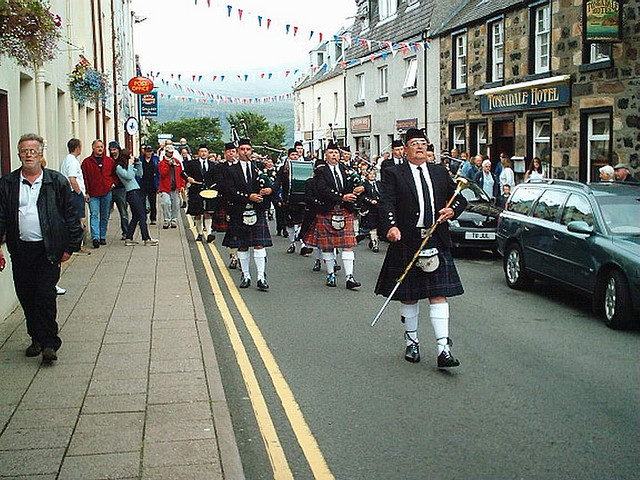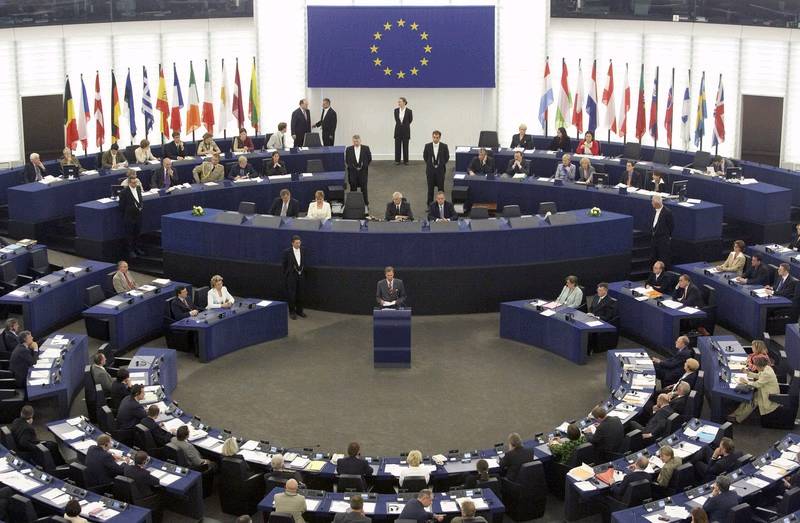Watching the videostream of the Agricultural Council’s greening debate held earlier this week was a rather depressing experience. There is something profoundly wrong with a decision-making system where food and agricultural policy is determined solely by agricultural ministers who speak on behalf of their farmers only, with only the Commission present to even vaguely represent the other interests who have a legitimate right to be heard, including taxpayers, environmentalists and those interested in the impact of EU policies on developing countries
At least in the Parliament, despite the enormous power of COMAGRI under the Parliament’s rules of procedure, final decisions are taken in plenary session where all interests (with the possible exception of taxpayers, as the Parliament does not face an effective budget constraint) are represented.… Read the rest





